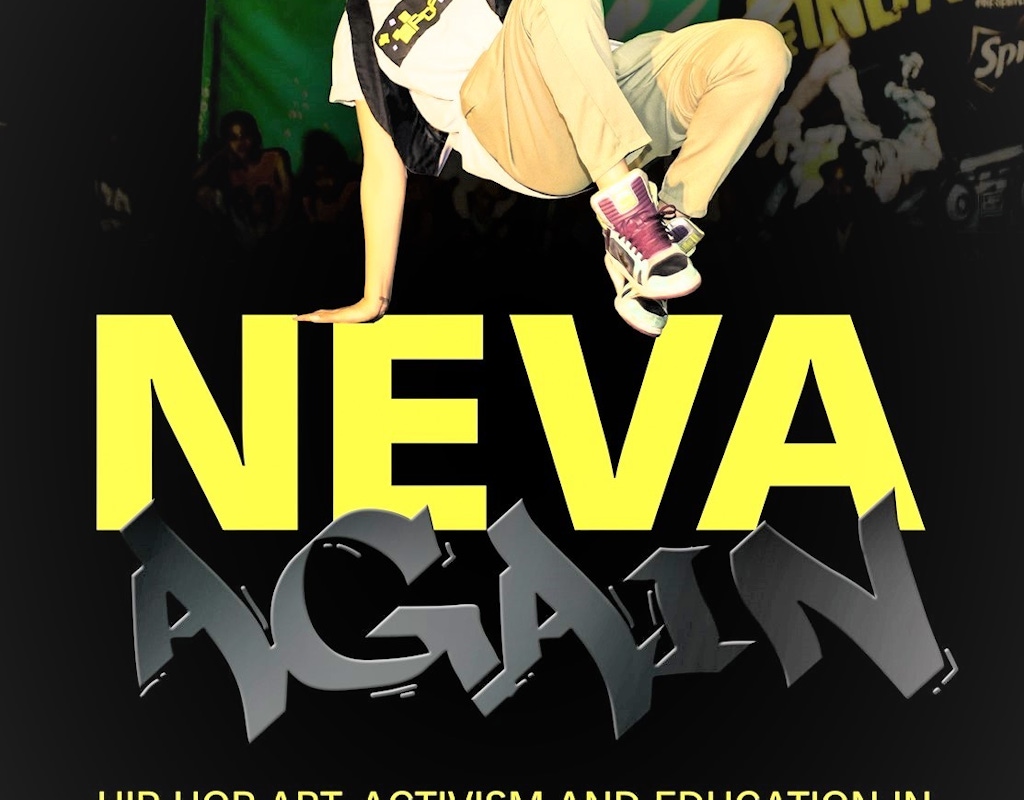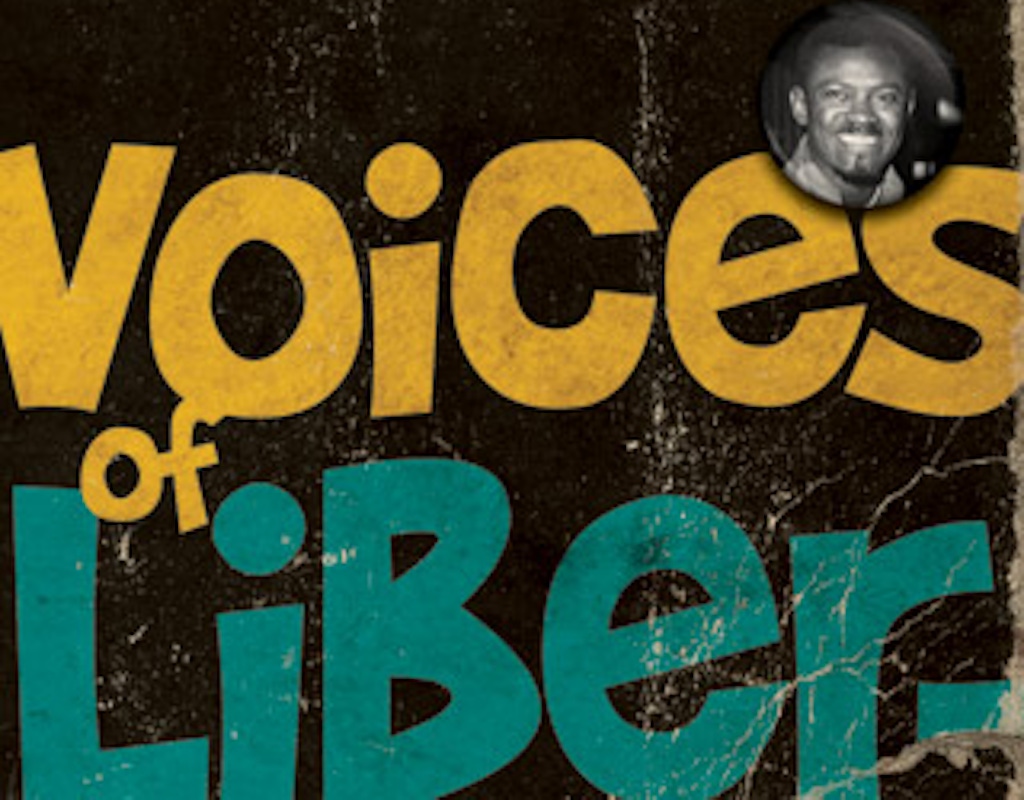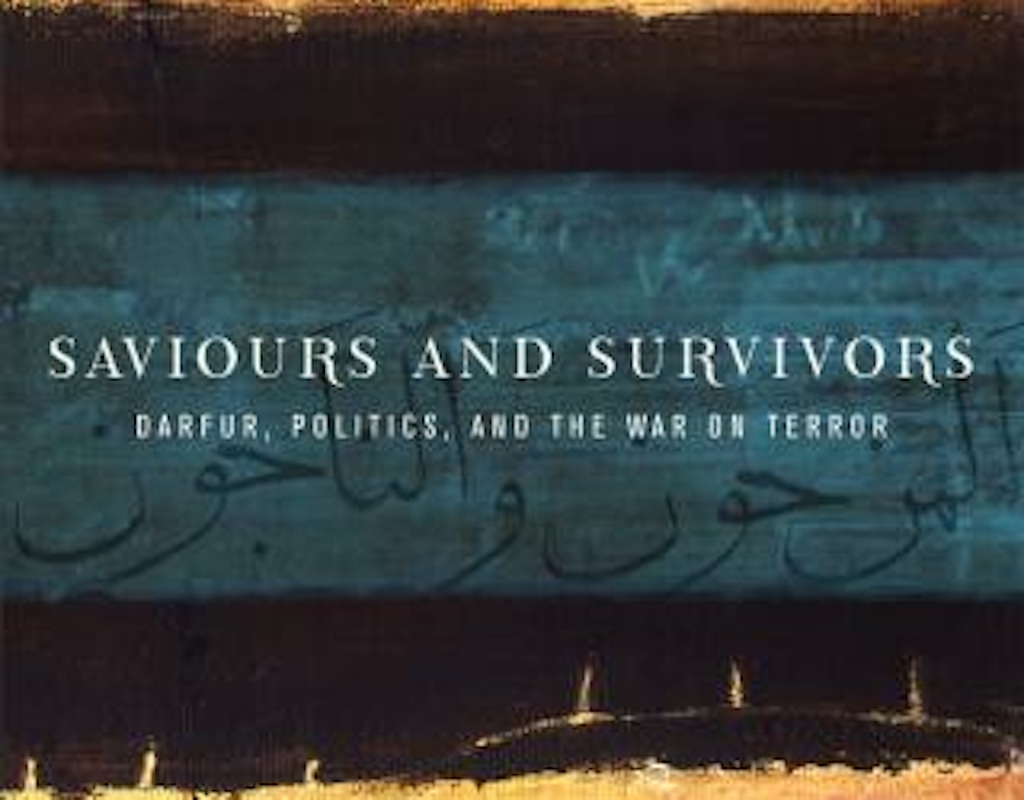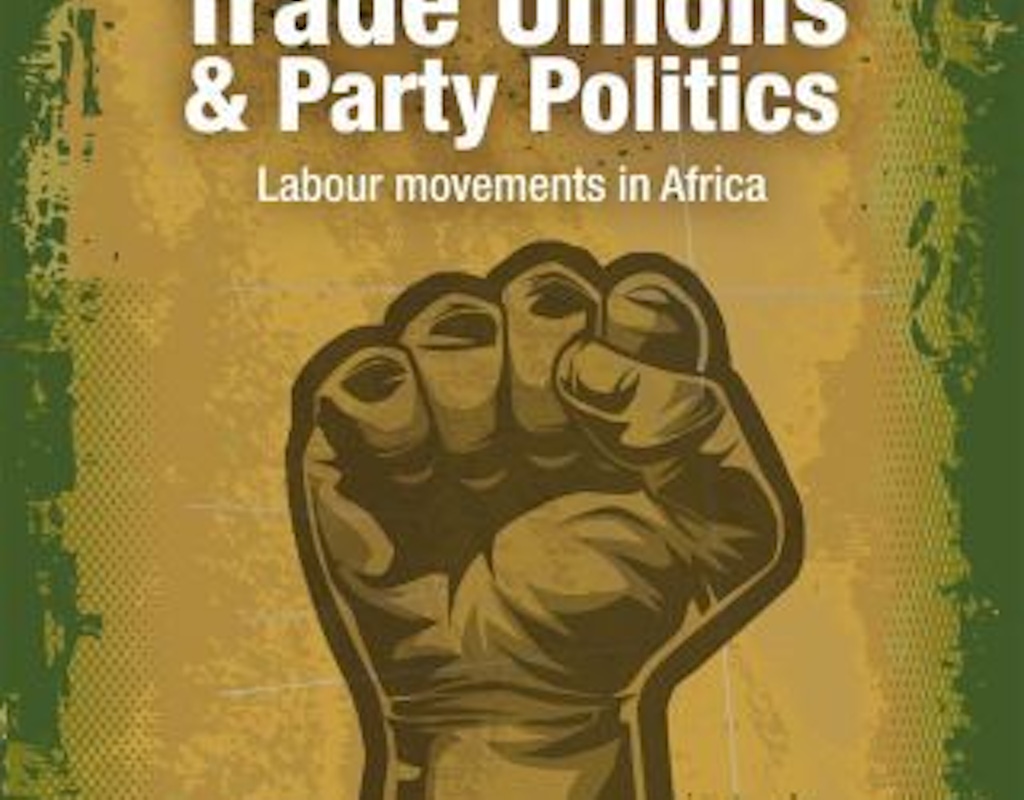New African Thinkers
Agenda 2063, Drivers of Change

About the book
The African Union’s Agenda 2063 is ambitious. It advocates for, among others,
• equitable and people-centred growth and development;
• eradication of poverty;
• development of human capital;
• creation of infrastructure and provision of public goods and services;
• empowerment of women and youth;
• promotion of peace and security, and the strengthening of democratic states, and
• creating participatory and accountable governance institutions.
New African Thinkers: Agenda Africa, 2063 presents the thinking of emerging scholars on these critical issues – those on whose shoulders the responsibility rests for taking this agenda forward. The book will be an essential reference for researchers and educators who are interested in Africa’s developmental path as designed in the Agenda 2063.
Product information
Content
Preface
Part 1: Peace and Security, including Democracy and Governance
1. Interrogating the relationship between unconstitutional changes of
government and illicit drugs in West Africa: The case of Guinea-Bissau
and Guinea Conakry
Isaac A Aladegbola
2. African electoral conflicts: Conditioning and triggering factors
Aondowase Nyam
3. A contradiction in conflict: Armed non-state actors that contribute to
security in Africa
Lize-Marié Visagie
Part 2: Gender and Global Change
4. A gendered analytical perspective of adaptation policies and strategies in Africa
Matilda Azong
5. Assessing gendered vulnerability to climate change in Nzhelele, Limpopo Province Jestina Chineka, Agnes Musyoki, Edmore Kori and Hector Chikoore
6. The right to landscape: Facing climate change and a gendered political
economy through ‘pastoralist’ peace-building in Somalia
Tamara Naidoo
7. Transformational development: The nexus between biodiversity and the
trade in traditional medicine in South Africa
Sibusiso G Nkosi
Part 3: Development for the People
8. The contribution of corporate social investment to sustainable cultural
heritage resource management in Botswana: The case of Debswana
Diamond Mining Company
Olivia Molefe
Part 4: Science and Technology
9. Information and communications technology distribution inequalities
in rural South Africa
Kgabo H Ramoroka
10. Converting municipal solid waste into energy in Africa
Portia Tshigoli
Contributors
Index



